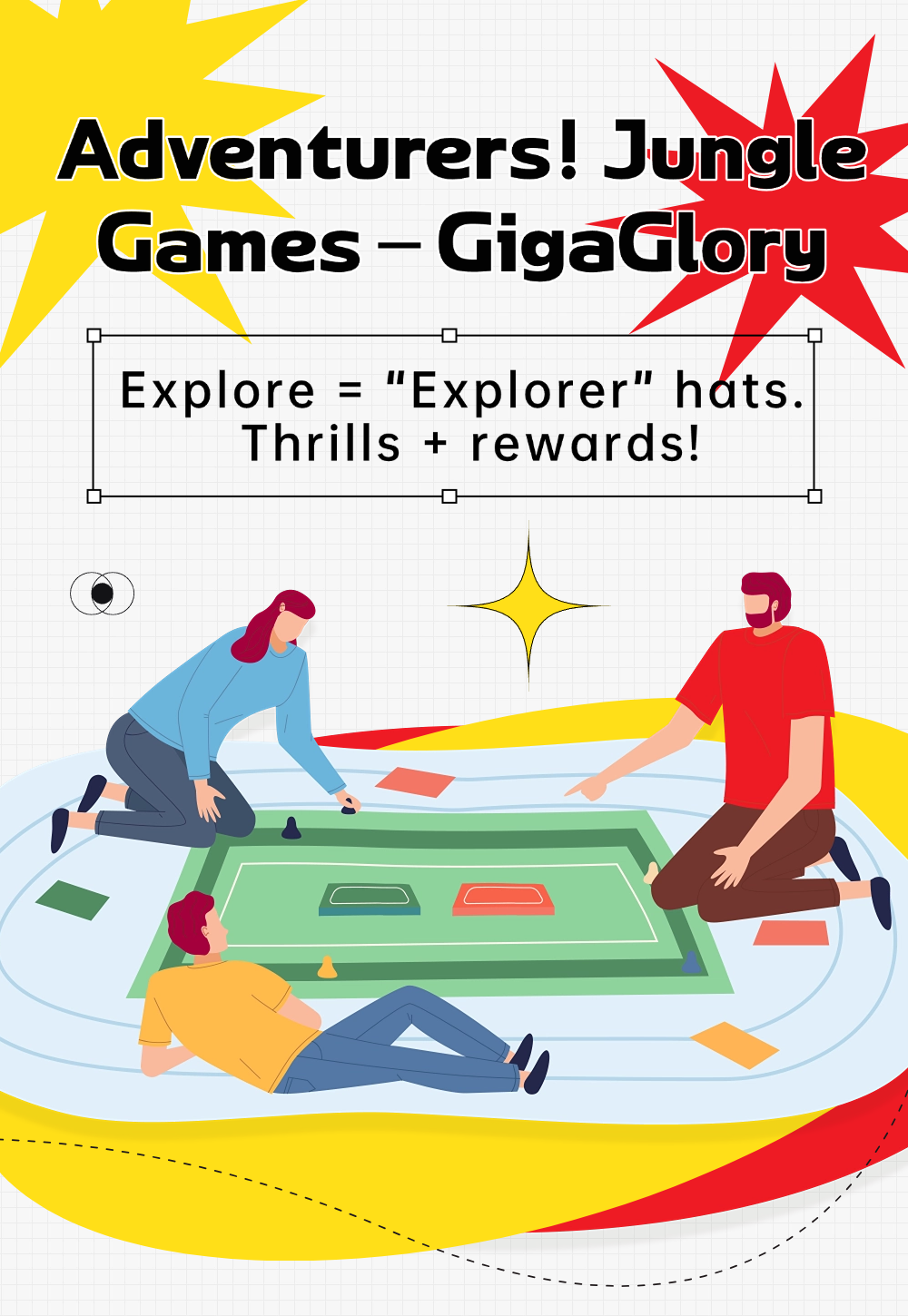Exploring Open World Games: An Engaging Approach to Educational Gameplay
In the world of gaming, open world games have taken center stage. These vast landscapes allow players to explore at their own pace, uncover secrets, and interact with environments in exciting ways. But it’s not just about entertainment; these games can also serve educational purposes. Let’s dive into how open world games enhance learning through play!
The Educational Benefits of Open World Games
When we think about educational games, the mind often wanders towards traditional formats—worksheets, lectures, and other structured forms of learning. But open world games break these molds. Here are some key benefits:
- Critical Thinking Skills: Many open world games are built around puzzles that require thoughtful problem-solving.
- Creativity and Exploration: Players are encouraged to test their creativity as they navigate through rich, immersive environments.
- Team Collaboration: Multiplayer aspects of these games often foster teamwork and communication among players.
To give a clearer picture, let’s look at a comparison between traditional learning games and open world games:
| Aspect | Traditional Educational Games | Open World Games |
|---|---|---|
| Player Engagement | Moderate | High |
| Interactive Learning | Limited | Extensive |
| Skill Development | Focus on basic skills | Critical, creative, and adaptive skills |
The Best Story Puzzle Games to Explore
Among the jewels of the open world genre are best story puzzle games. These not only entertain but also engage the mind. Here are a few recommended titles:
- Portal Series: A brilliant blend of story and physics-driven puzzles.
- The Legend of Zelda: Breath of the Wild: Explore a vast world filled with environmental puzzles and lore.
- Firewatch: A narrative-driven experience set in an open world for players who enjoy storytelling.
Delta Force Operations Game: A Case Study
One notable example is the delta force operations game, which while primarily a tactical shooter, promotes teamwork and strategic thinking. Players need to plan their approaches and work collaboratively to achieve objectives, mirroring real-life decision-making processes.
Conclusion: Learning Through Play
Open world games represent an engaging pathway to education. They merge entertainment with learning, allowing players to develop various beneficial skills while exploring richly crafted environments. From enhancing critical thinking to fostering teamwork, these games can be powerful tools in both educational settings and at home. Whether you’re solving puzzles in best story puzzle games or strategizing in titles like the delta force operations game, one thing is clear: learning doesn’t have to be boring, and gaming can indeed be a gateway to knowledge!



